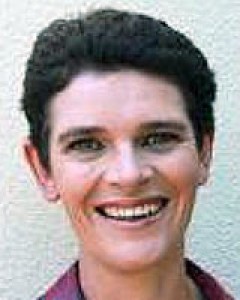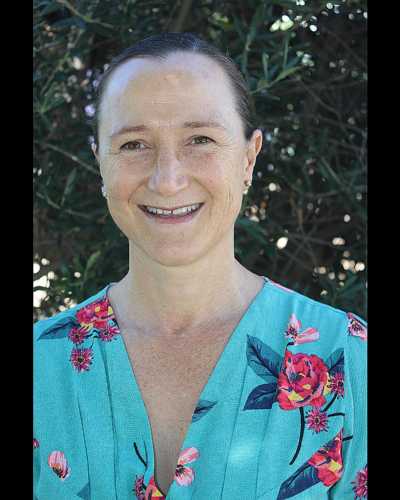early abstract:
Introduction: Increased publication of clinician-led health research is important to improving patient care and health outcomes. The aim of this retrospective cohort study conducted in rural Australia was to determine the impact of a ‘writing for publication’ program delivered by teleconference on the publication rates and skill acquisition of novice researchers who have graduated from the Rural Research Capacity Building Program (RRCBP).
Methods: Between 2012 and 2015 eight writing for publication ‘Bootcamp’ programs were offered by the New South Wales (NSW) Health Education and Training Institute (HETI) to 112 RRCBP graduates, resulting in 50 participants completing at least one ‘Bootcamp’. Participants completed a once-weekly writing for publication group teleconference for six consecutive weeks, and were expected to completed homework activities between sessions and participate in two follow up teleconferences within three months of program conclusion. The primary outcome measure was manuscript publication resulting from participation in ‘Bootcamp’, with secondary measures of changes in skills, knowledge and confidence in writing for publication, publication rate and cost per publication.
Results: Twenty one participants (42%) had published their ‘Bootcamp’ paper, or a related paper that directly resulted from ‘Bootcamp’ writing for publication skills. Five other participants had submitted their ‘Bootcamp’ manuscript for publication, but had not yet been accepted for publication. The overall publication rate of RRCBP graduates who completed ‘Bootcamp’ was 0.80 compared to 0.23 who did not complete ‘Bootcamp’. On a 1 to 5 scale mean scores for writing (knowledge, experience, confidence) increased from 2.0 to 3.5 (p<0.01) and from 1.1 to 3.4 for publishing (p<0.01). The estimated cost incurred by the RRCBP to deliver the program was $230 per publication.
Conclusion: Writing for publication workshops delivered by teleconference support rural clinician researchers to improve their skills in writing and publishing. A remotely conducted writing for publication program was effective in increasing publication rates amongst novice researchers who had conducted a clinically-based research project. This shows novice researchers respond to similar intervention features as experienced researchers when engaging with writing for publication, and that writing for publication outcomes can be increased substantially with modest investment of funding and resources by the host organisation.


